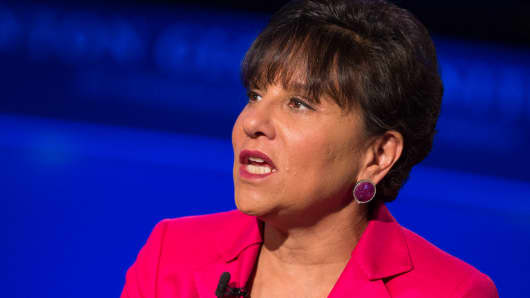If manufacturing in the United States were its own country, it would rank as the ninth-largest economy in the world, with manufacturers contributing $2.09 trillion to the U.S. economy every year.
Every dollar spent in the manufacturing sector adds another $1.37 to the economy and each manufacturing job creates another 2.5 jobs in local goods and services.
No wonder 90 percent of Americans believe manufacturing is important for a strong economy. Yet, only 37 percent of parents encourage their kids to pursue manufacturing careers, and only 18 percent see it as a top career choice.





